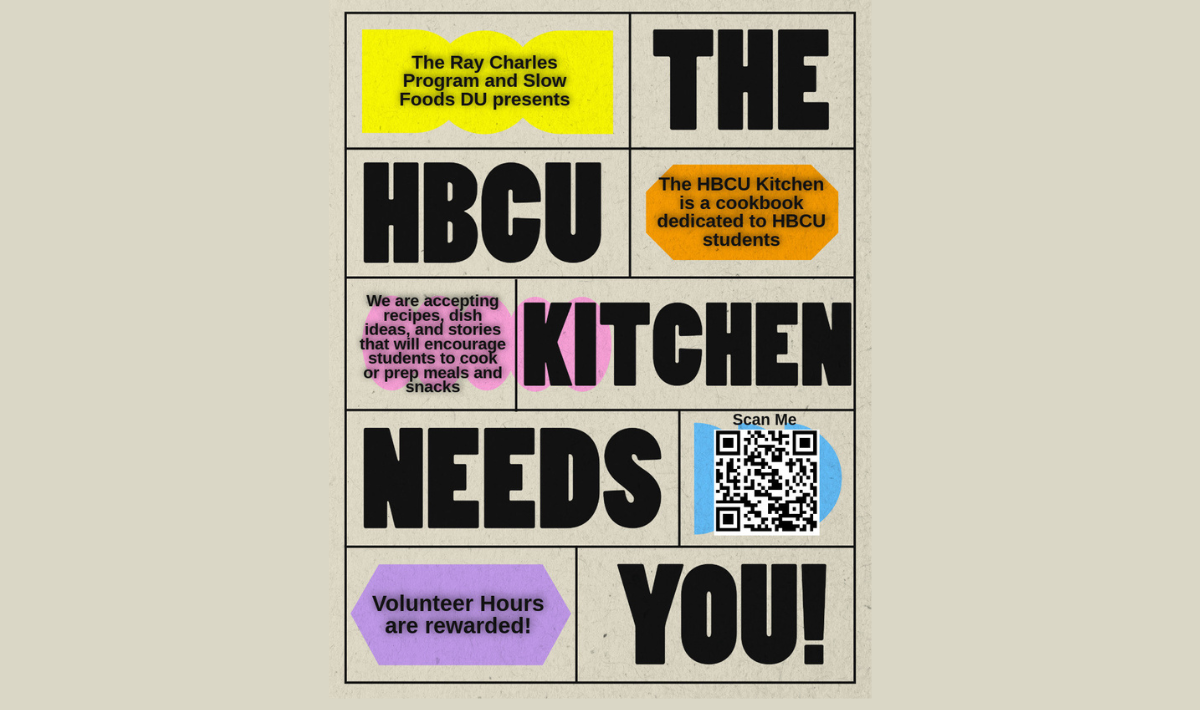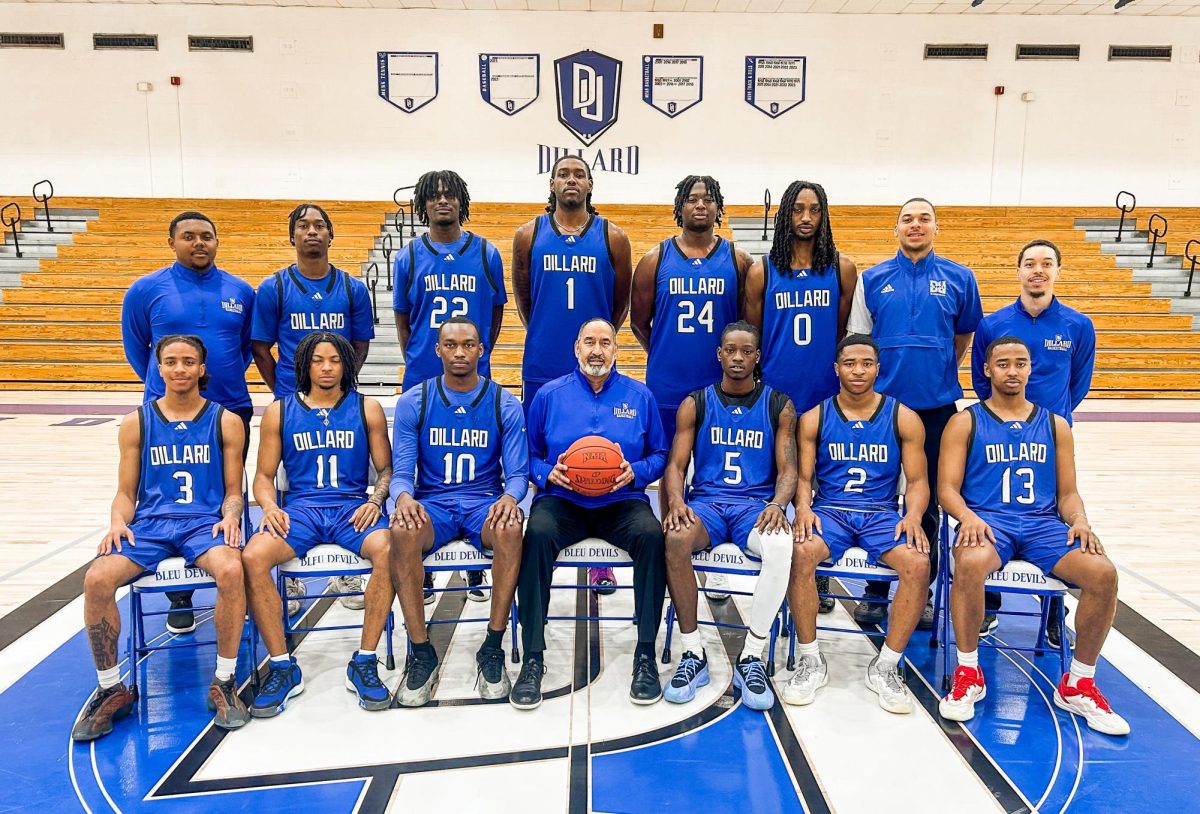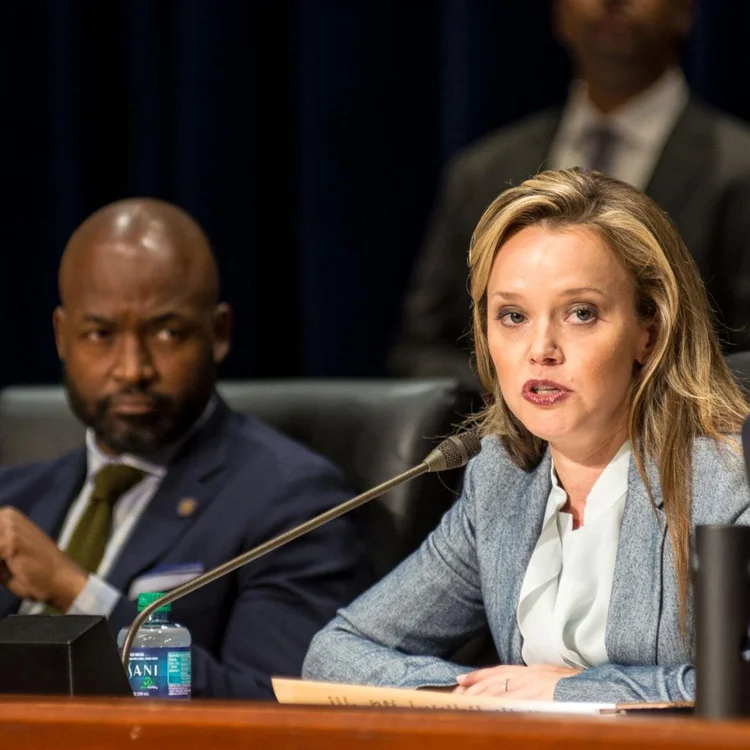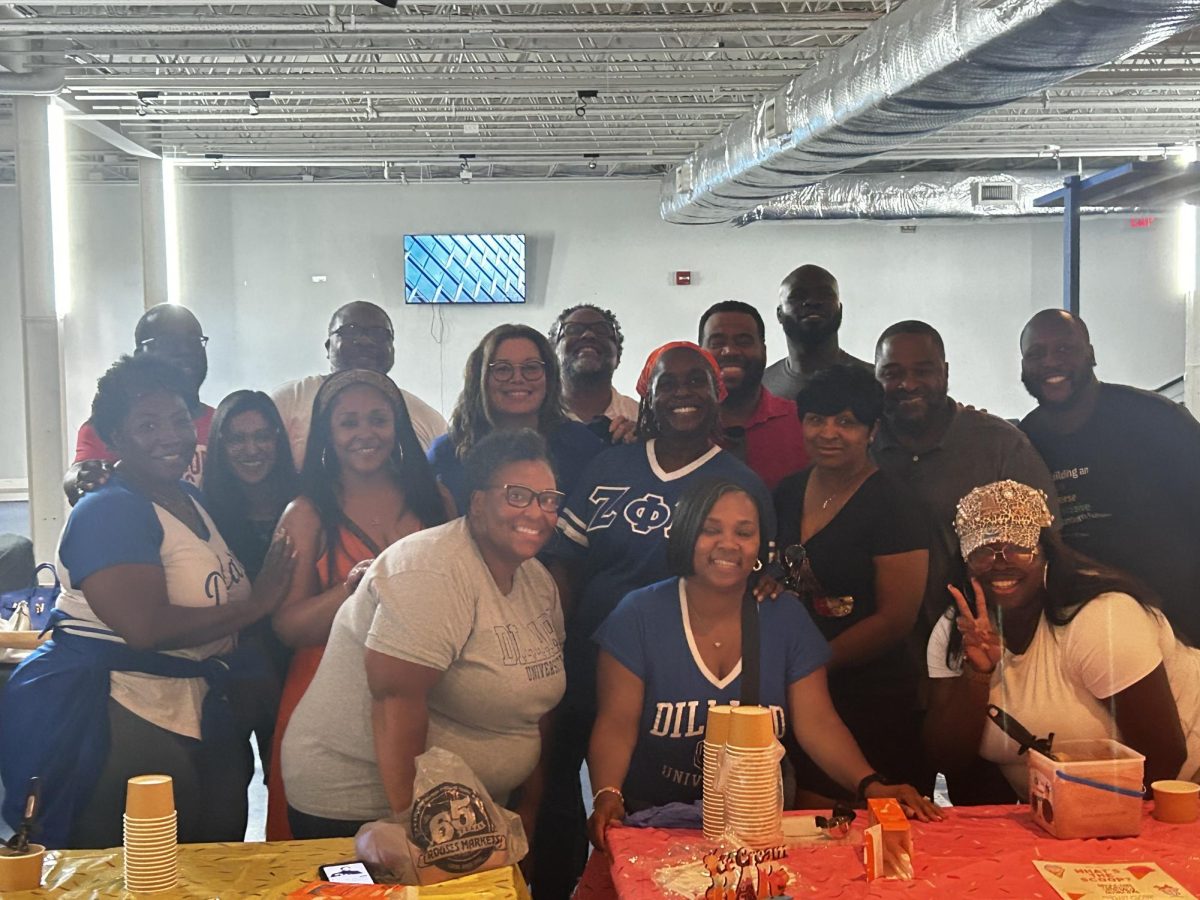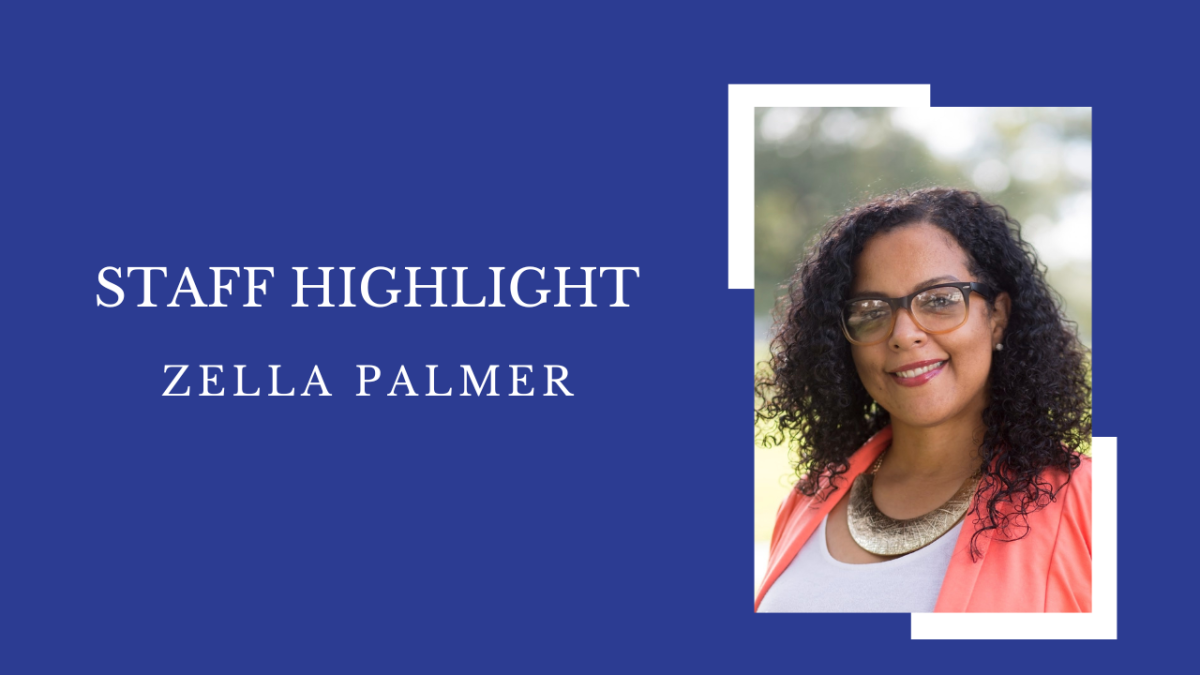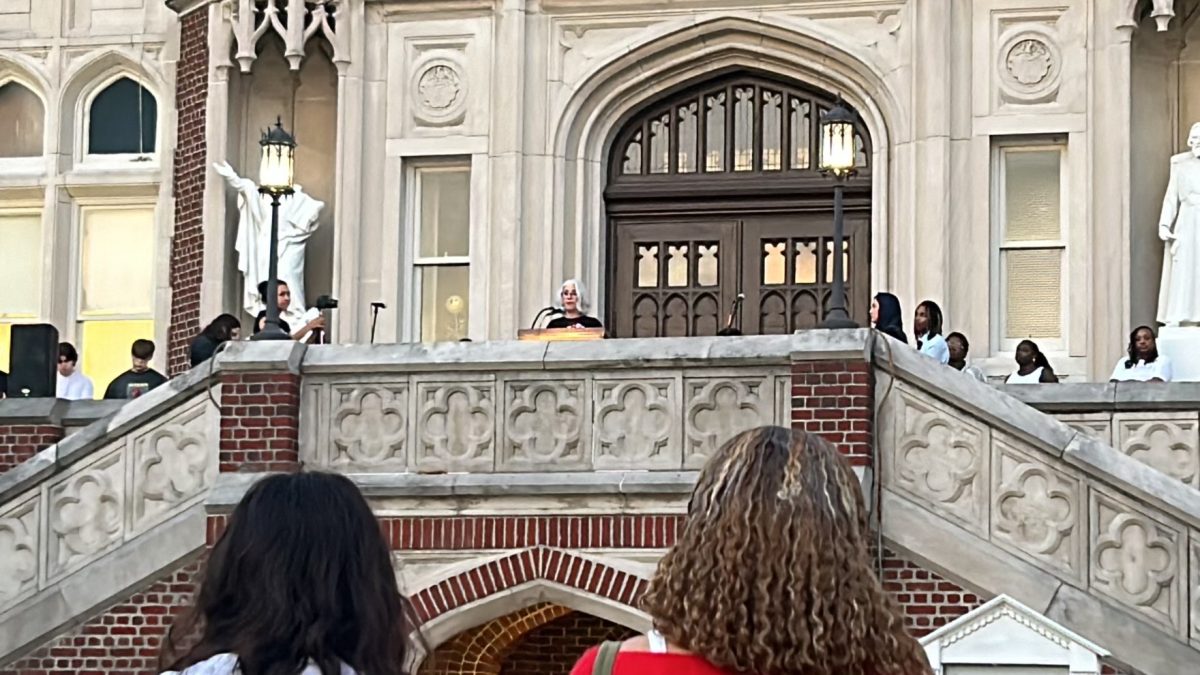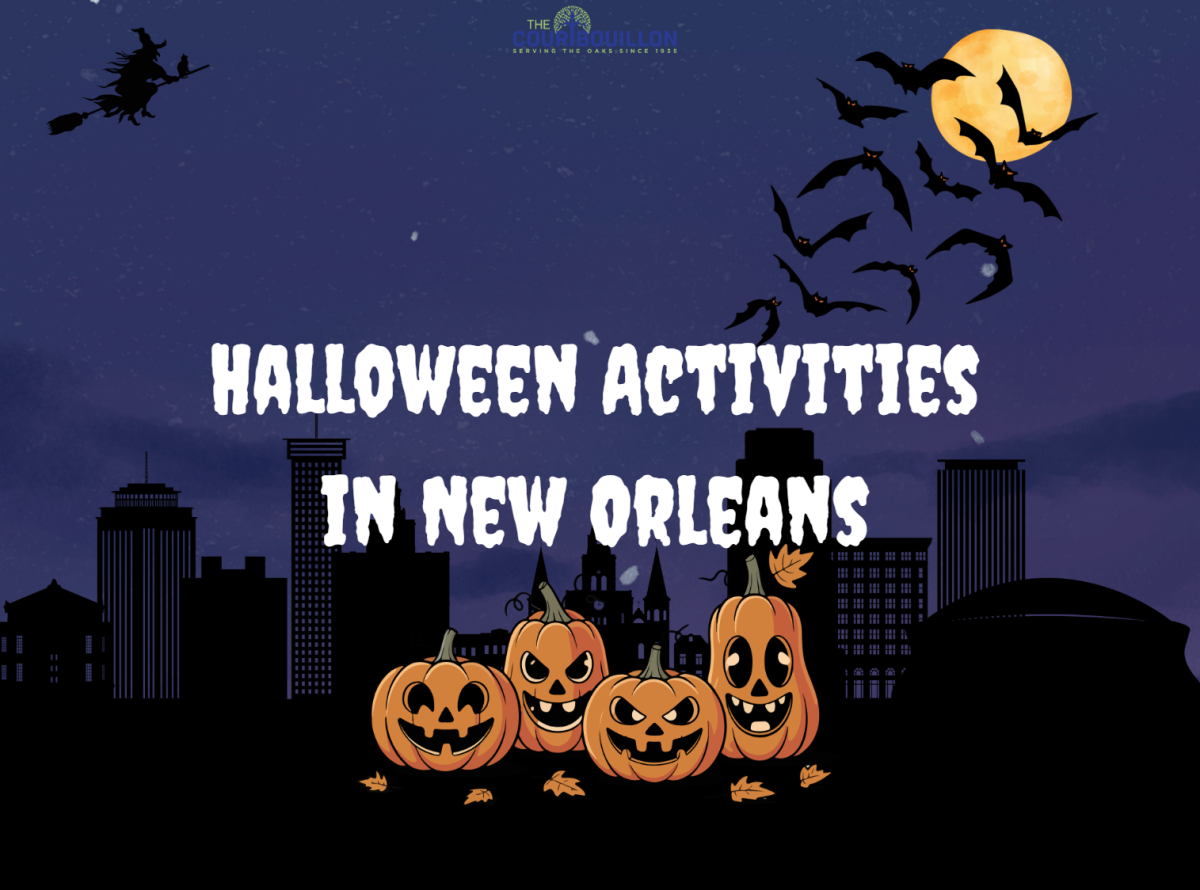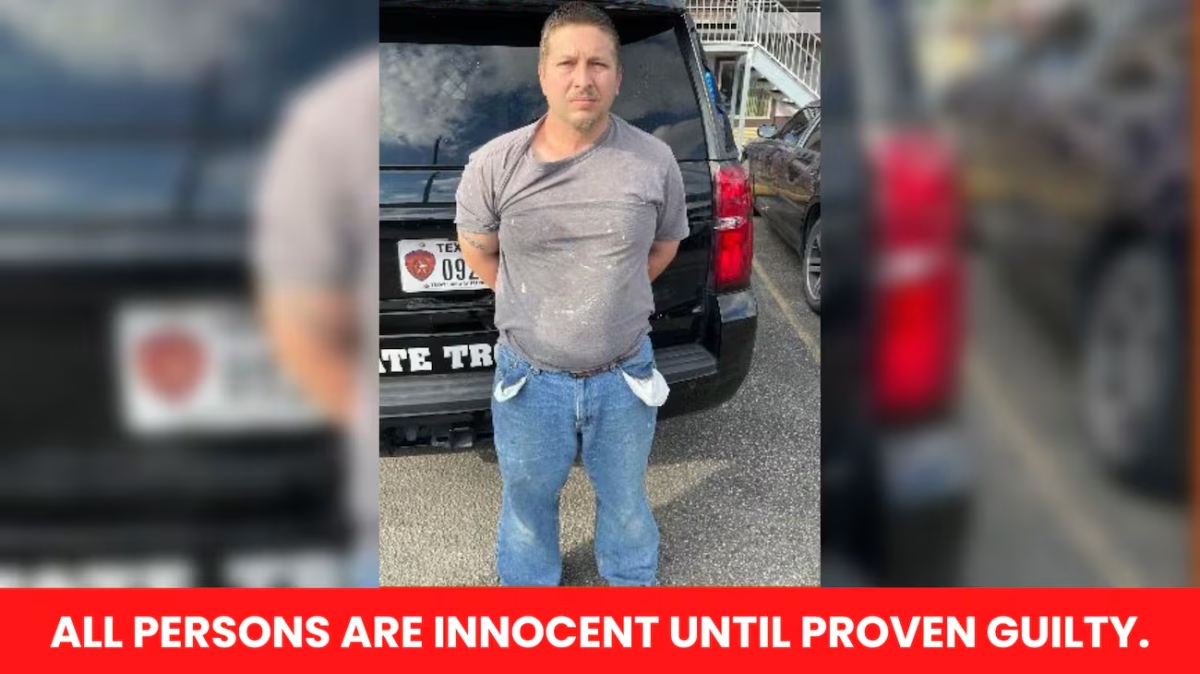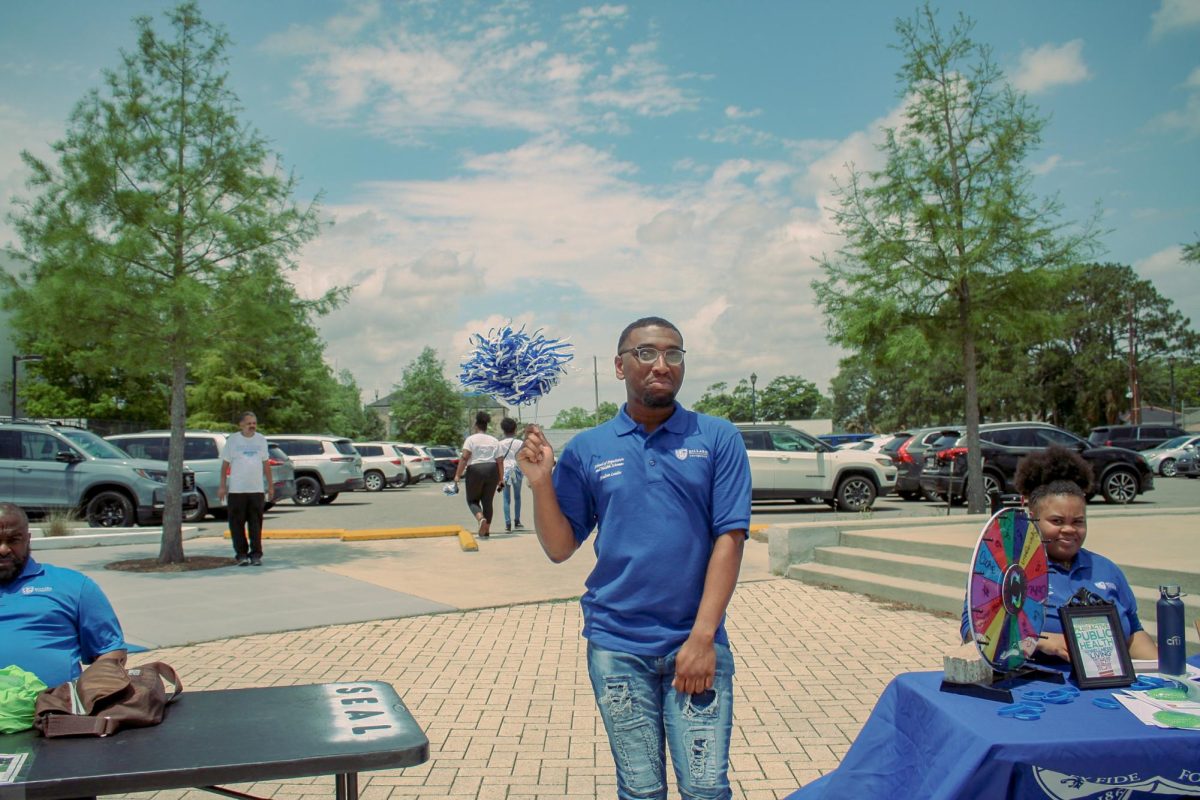On Oct. 22, Dillard University stood in solidarity with Loyola University on their campus to uplift the voices at the Take Back the Night event.
The 1970s brought many great changes for women’s rights in America; the Women’s Strike for Equality occurred and the Equal Rights Amendment passed. Another important symbol for women’s rights that began in the 1970s is the Take Back the Night protest. The earliest of these protests was held in San Francisco in 1978. Take Back the Night is an organization and series of protests that serve to raise awareness of domestic, sexual, and relationship violence.
Throughout the 80s, their impact became widespread as hundreds of colleges and universities in North America began holding marches and protests on their own campuses. Take Back the Night emphasizes issues concerning rape and sexual violence. The organization continues to advocate for the awareness of women’s issues and provide resources.
Bella Kwok, a criminal justice major at Temple University, is an active member of Take Back The Night. Her passion lies in advocating for sexual violence and human trafficking, an ongoing nationwide crisis, and uplifting victims’ voices. She hopes to attend law school after graduation to become a sexual abuse attorney.
She was initially drawn to Take Back the Night because of its rich history of empowering women. She acknowledges the many barriers domestic abuse survivors face when attempting to leave and sustain independence. The lack of resources, including mental health services, is a main hindrance to the success of survivors.
”If a survivor does not want to report, don’t force them, instead provide them with support services and alternative options. If you are not sure how to support them, simply ask the survivor how to best support them. Just being there, listening to their story, and letting a survivor know that you are there for them makes more of a difference in their healing journey than most people realize,” said Kwok.
Take Back the Night partners with trauma-informed attorneys to offer legal assistance services free of charge, while informing victims of their legal options. Often, abusers thrive off of their victims not being aware of the options they have to escape. They are also in partnership with colleges all over the United States to found Take Back the Night chapters locally to spread awareness.
“Advice for someone who wishes to get involved in advocacy for sexual violence/domestic violence victims is to make sure you take care of yourself first. It is admirable to want to help others, but sexual violence is a sensitive and often emotionally difficult subject that can negatively impact advocates’ mental health if they are not taking the necessary steps to take care of themselves,” said Kwok.
According to the Office on Violence Against Women statistics, every minute 32 people experience intimate partner violence in the United States, and over 47% have encountered sexual violence. More than 16 million people in the United States suffer from intimate partner abuse per year. 85% of domestic violence victims are women and by 2019, nearly 4 women were murdered daily by intimate partners.
Violence remains a profound and recurring social issue affecting millions of people daily. To break the cycle, it is crucial to stay informed and advocate for changes in policy by prioritizing education and programs focused on these issues. The effects of abuse tear through families and communities and speak to the failure of those who sought to protect us, with the lack of resources speaking for itself. The collective community must stand in support and alliance by recognizing their roles in creating a safer environment, not just for women, but for everyone.
Survivors of domestic violence must not be defined by their trauma, as they continue to be a testament to resilience, hope, and freedom. It is the community’s responsibility to not only nurture that hope but protect it for the millions of individuals who did not have the necessary opportunities to survive.
To learn more or get involved, please visit the Take Back the Night website, TBTN Website: Your Source for Self-Care and Legal Information.
More resources:

